Politics

Saudi Arabia and the UAE are reaching for the clouds, but will the recent coronavirus pandemic and economic slowdown send their foreign policy ambitions plummeting back to Earth?
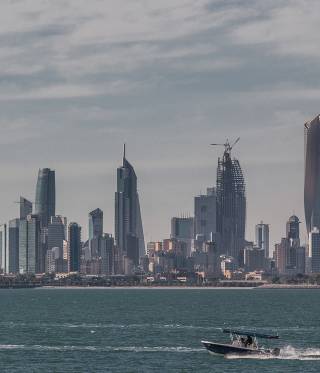
The death of Kuwait’s Emir Sheikh Sabah comes at a difficult time for the small Gulf country. Economic crisis, disputes within the ruling family and of course Covid-19 mean that the Emir’s successor takes power at a critical moment.
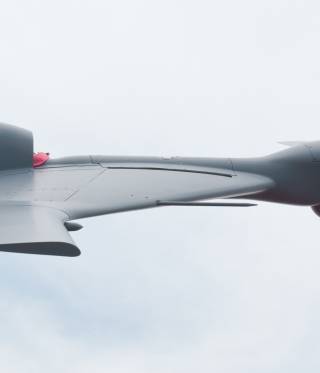
The recent escalation in the Nagorno-Karabakh conflict between Armenia and Azerbaijan shows how the war of the future will be fought. UAVs play a key role in this process.
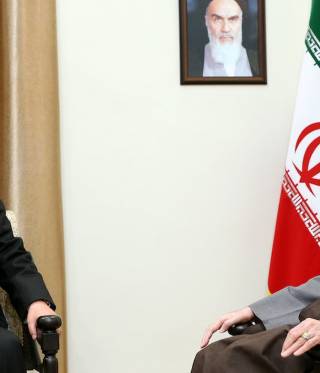
The announcement of a strategic partnership agreement with Iran highlights China’s ultimate will to take a more assertive geopolitical role, even if this poses a direct challenge to US policies.
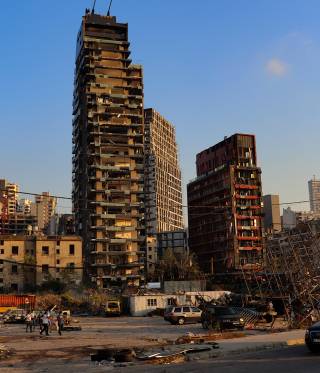
Support for reforms in Lebanon is universal, but which reforms should be initiated and what stands in their way? Analysis by Maximilian Felsch.
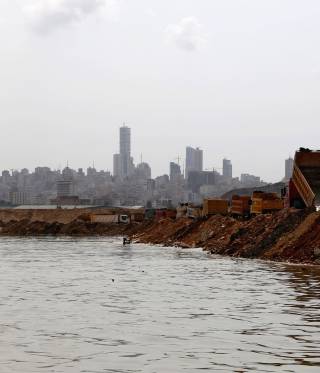
The EU needs to step up its long-term commitment in Lebanon after the Beirut explosion. Axel Müller has a few suggestions on what such a policy should entail.
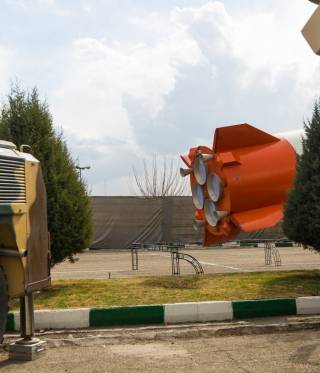
The White House arguments to trigger a snapback mechanism were rejected by UN officials and other parties to the JCPOA. A group of Iranian hardliner MPs endorsed them. But why?
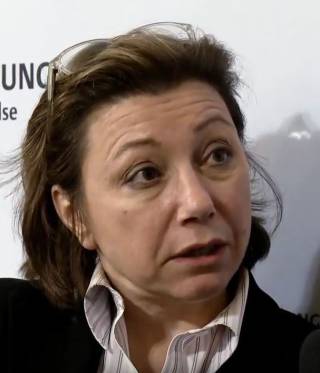
Syria expert Bassma Kodmani explains the recent conflict between Assad and his cousin Makhlouf – and calls on Europe to take advantage of Russia’s discontent with the Syrian regime.